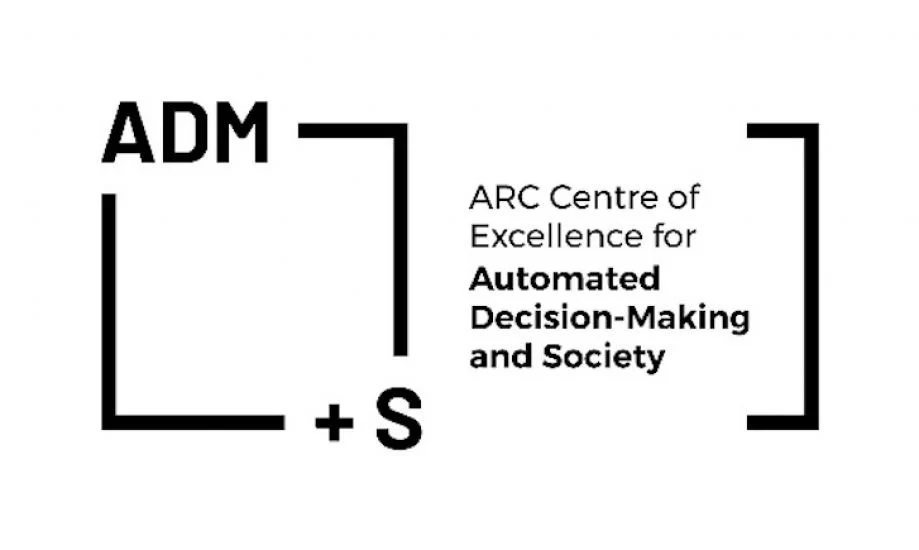Decoding the algorithmic operations of Australia's National Disability Insurance Scheme. By Dr Georgia Van Toorn and Terry Carney AO
The article is ‘Decoding the algorithmic operations of Australia's National Disability Insurance Scheme’ by Georgia van Toorn, Terry Carney AO. First published: 30 May 2024, in the Australian Journal of Social Issues.
‘This article examines operational and technological changes within Australia's National Disability Insurance Scheme (NDIS) as a result of this comprehensive government digital transformation strategy. It discusses the effectiveness of these changes in enhancing outcomes for users of the scheme. Specifically, the focus is on the National Disability Insurance Agency's (NDIA) use of algorithmic decision support systems to aid in the development of personalised support plans. This administrative process, we show, incorporates several automated elements that raise concerns about substantive fairness, accountability, transparency and participation in decision making. The conclusion drawn is that algorithmic systems exercise various forms of state power, but in this case, their subterranean administrative character positions them as “algorithmic grey holes”—spaces effectively beyond recourse to legal remedies and more suited to redress by holistic and systemic accountability reforms advocated by algorithmic justice scholarship.’
The article is persuasive for the opinions presented by two esteemed scholars, one being Terry Carney AO, whose opinions and articles held weight at the RoboDebt Royal Commission.
Georgia van Toorn is a lecturer in the School of Social Sciences at the University of New South Wales and an Associate Investigator at the ARC Centre of Excellence for Automated Decision-Making & Society (ADM+S). Terry Carney AO is Emeritus Professor at the Law School University of Sydney, a Fellow of the Australian Academy of Law and a past President (2005–2007) of the International Academy of Law and Mental Health.
Some of my work has been referenced in this article.
I believe the van Toorn/Carney article will become as widely known and as influential as the original Carney article, which was so persuasive in the RoboDebt Royal Commission.

